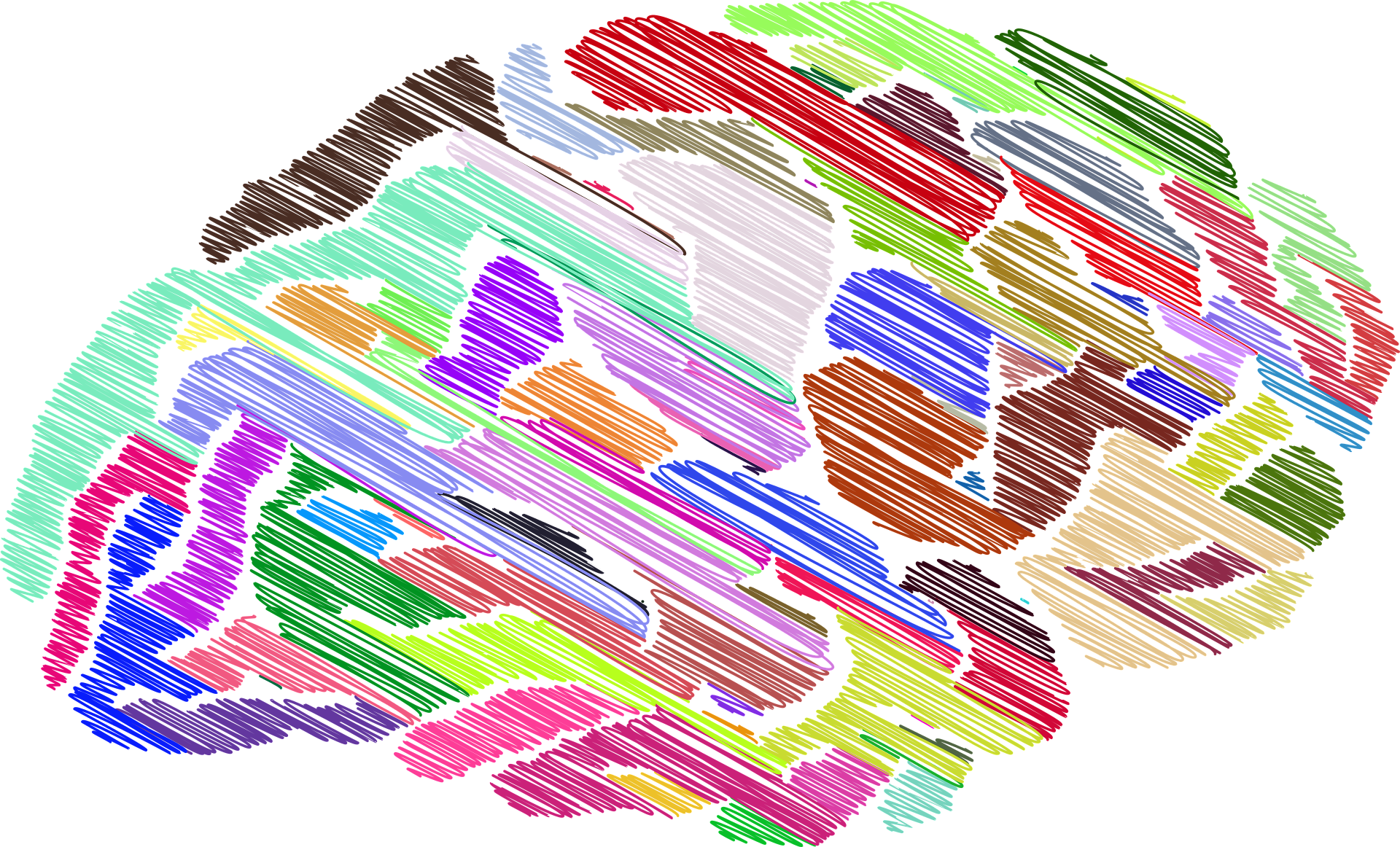Spotlight
Context
Opportunity
The Neuroinclusive Lens

Support workers offered a wide range of services supporting economic, psychosocial, and physical and mental health. For example, they made regular visits, offered referrals to community services, and worked with financial institutions as needed.
The organizations involved maintain a database of social and affordable housing. They worked directly with landlords and negotiated agreements with them, offering $700 a month, which removes the administrative procedures for someone who needs to find housing.
This program was an example of wrap-around services. It demonstrates how a program can take into account the various needs related to finding, integrating and maintaining housing, while offering support tailored to a person’s individual needs.
Housing Network Connections
Neurodivergent individuals
Tenants
Roommates
Social workers
Government ministries
Financial Advisors
health professionals

Organizations supported by the program are listed below. Click on the website links to learn more about what they do.
Unfortunately as this Spotlight was created, the program has been discontinued.
Once again, this stresses the need for long-term funding and sustainable practices in neuroinclusive housing.
